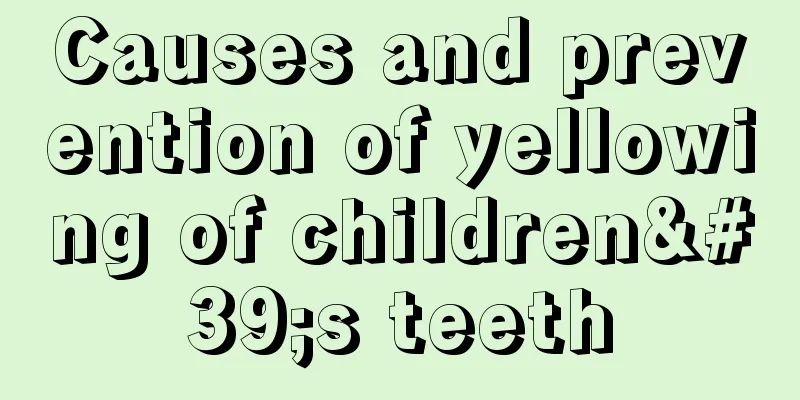What are the symptoms of leukemia in children?

|
Leukemia is still a very difficult disease to cure today. Many children die from this disease every year, and the number is still increasing. Of course, there are many reasons for the disease. Sometimes it is because the child’s immunity is very low, and sometimes it is because the child lives in a polluted environment for a long time. So the question is, what are the symptoms of leukemia in children? Early symptoms include fatigue, weakness, and loss of appetite. There are also cases where the initial symptoms are an upper respiratory tract infection or a rash may appear. Bone and joint pain are also common symptoms. The diagnosis of typical cases is not difficult. Pay attention to timely medical treatment and blood tests, and pay attention to the condition of superficial lymph nodes, liver and spleen during physical examinations to help improve the rate of early diagnosis. In addition, attention should be paid to the presence of skin nodules, skin and mucous membrane bleeding (epistaxis, gingival bleeding, skin ecchymosis and bleeding spots, etc.), gingival swelling and hyperplasia, etc. Pediatric leukemia is clinically divided into two categories: acute and chronic: Acute leukemia has an acute onset, short course, and rapid development, with fever and joint and sternum pain as the main manifestations. Chronic leukemia has a slow onset and a long course, with pale skin, fever, fatigue, sweating, lack of energy, and weight loss as the main symptoms. In addition to being clinically divided into acute and chronic leukemias, leukemias can also be divided into lymphocytic leukemia and myeloid leukemia based on the source of leukemia cells. These two major categories can be further divided into multiple subtypes, each of which has certain significance in prognosis judgment and also has differences in treatment options. 1. Fever It is the most common first symptom. Due to the lack of normal white blood cells, especially mature granulocytes, the body's normal defense function is impaired, so infection can cause fever. 2. Bleeding More than half of the children have varying degrees of bleeding, mainly manifested as bleeding in the nasal mucosa, oral cavity, gums and skin. In severe cases, internal organs and intracranial bleeding occur, which can often result in the death of the children. 3. Anemia It is the most common early symptom and may progressively worsen. The child's complexion and skin and mucous membranes are pale, he or she is weak and has a poor appetite. 4. Enlarged liver, spleen, and lymph nodes In acute lymphocytic leukemia, enlargement of the liver, spleen, and lymph nodes is more obvious, while in chronic myeloid leukemia, enlargement of the spleen is more obvious. 5. Leukemia cells infiltrate the central nervous system Meningeal leukemia may occur, and the child may experience headaches, nausea, vomiting, and even convulsions and coma. In addition, boys may develop testicular infiltration, which manifests as painless enlargement of the testicles. |
<<: My baby's legs are weak, what's wrong?
>>: What calcium tablets can increase height?
Recommend
Infant tendon inflammation
Many children are particularly prone to tenosynov...
What is the best medicine for anal fissure in children?
In real life, anal fissure is a very common disea...
What are the symptoms of zinc deficiency in boys?
As we all know, although the content of trace ele...
At what age should children be replaced with teeth and what should they pay attention to?
Children's tooth replacement is a very import...
What to eat for children with stomach upset
Children's poor gastrointestinal function has...
What to do if your child has cervical curvature
Cervical flexion is actually cervical arch. Gener...
How to treat anemia in children?
Once a child has anemia, parents are very worried...
Methods of preventing children's diseases in spring
Spring is a high-incidence period for diseases, a...
What is the reason why children feel chest tightness and shortness of breath?
If there is a child at home, his physical conditi...
Baby's white blood cell count is high
If the baby's white blood cell count is high ...
What are the symptoms of sepsis in children?
Sepsis is mainly caused by some pathogens invadin...
Why is there redness around the baby's eyes?
Children are vital to every family and can be sai...
Why do children have white spots on their bodies?
It is normal for vitiligo to occur in adults beca...
What kind of quilt should a newborn baby cover in winter
In winter, the weather is very cold. Even if you ...
Chest pain after exercise in children
We all know that many children have good physical...









